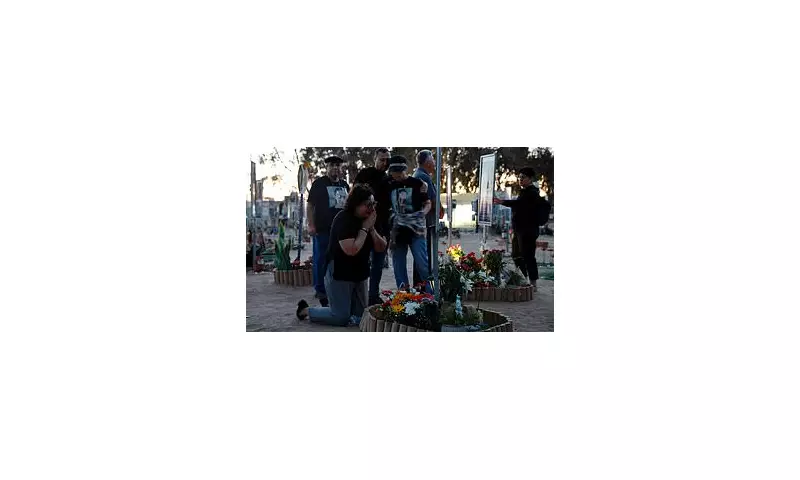
A profound silence descended across Israel as the nation came to a standstill, marking the second anniversary of what many describe as the country's "darkest day" - the October 7 attacks that claimed hundreds of lives.
At precisely 11am, air raid sirens wailed across the country, triggering a nationwide moment of reflection. Cars stopped on highways, pedestrians stood motionless on streets, and workplaces paused operations as Israelis united in remembrance of those lost in the coordinated Hamas assault.
National Day of Mourning
The commemorations come exactly two years after militants breached the Gaza border, launching surprise attacks that resulted in significant civilian casualties and saw hundreds taken hostage into the Palestinian territory.
Ceremonies took place throughout Israel, with families of victims and supporters gathering at multiple locations to honour those killed and demand action for the hostages who remain captive in Gaza.
Emotional Gatherings Across the Country
In Jerusalem's central square, thousands assembled in a powerful display of national unity and grief. Similar gatherings occurred in Tel Aviv and other major cities, where photographs of victims formed makeshift memorials and yellow ribbons - symbolising the hostage crisis - adorned lapels and public spaces.
"We stand together today not just in grief, but in determination," one organiser told crowds. "We remember those we lost, and we fight for those we can still bring home."
The Ongoing Hostage Crisis
While the attacks occurred two years ago, for many families the trauma remains immediate. Dozens of hostages are believed to still be held in Gaza, with ongoing negotiations for their release facing numerous obstacles and international mediation efforts continuing behind the scenes.
The Israeli government maintains that securing the hostages' freedom remains a top priority, though complex geopolitical considerations and military operations in the region have complicated resolution efforts.
A Nation Changed
The October 7 attacks represented a watershed moment for Israeli national security and collective consciousness. The scale and coordination of the assault prompted significant changes to border defence protocols and reshaped the country's approach to regional threats.
Today's memorial services not only honour those directly affected but also acknowledge how the events permanently altered Israel's social and political landscape, creating scars that many say will take generations to heal.
As the sirens faded and daily life resumed, the yellow ribbons and memorial photographs remained - silent testament to a nation still grappling with loss while determined to secure a future where such tragedies become impossible.





